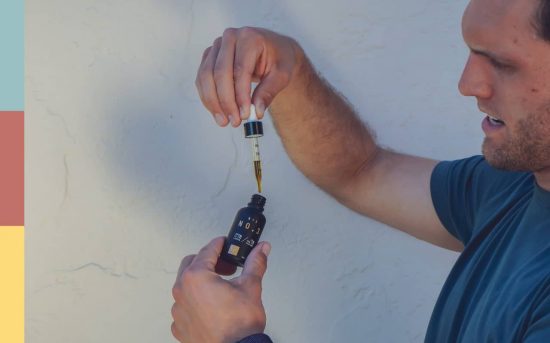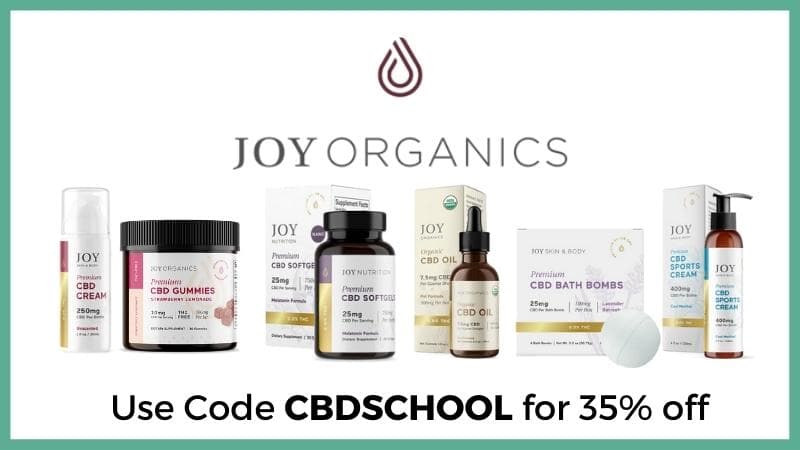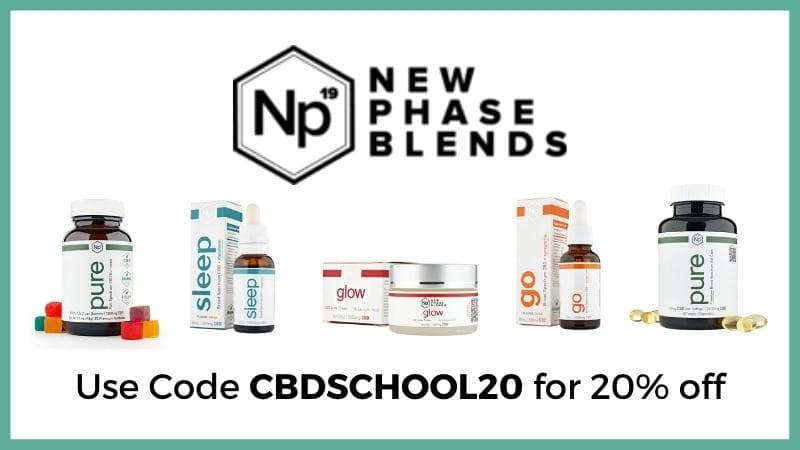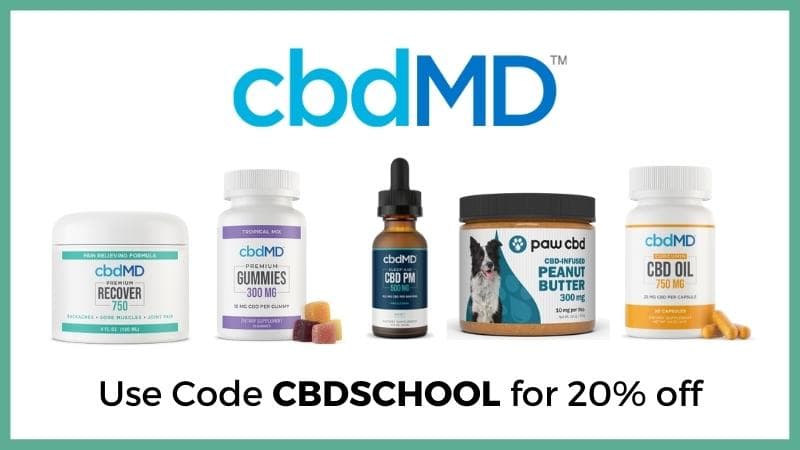Cannabidiol, more commonly known as CBD, has been a health and wellness buzzword for the last few years, but regulators are struggling to catch up to the cannabis industry’s rapid growth. This rapid growth comes with a massive amount of new products on the marketplace. This makes choosing your CBD oil products really tough. Which ones are worth buying? Which ones aren’t? Are some over-priced? We’ll break down what you need to know to choose the right CBD oil.
What’s in a Label?
In the past couple of years alone, the United States has made strides towards implementing regulations that could help legitimize CBD products.
In 2018, The Food and Drug Administration put their seal of approval on the first purified CBD pharmaceutical, designated to treat certain types of epilepsy. Then, a few months later, Congress passed the Farm Bill, which legalized hemp farming on an industrial level.
Despite recent regulatory advancements, the CBD market is still crowded with brands looking to profit off of the craze.
In the past year, studies have found that up to 60% of the top CBD brands available are mislabeling the cannabinoid content of their products—some CBD brands contain significant levels of THC, or may contain synthetic cannabinoids that can make people sick.
There’s a vast difference between companies that white label their products and companies that control every stage across growth, formulation, and production.
Companies that white label may not even know their source, which can be concerning for consumers looking for quality.
The best way to know if you can trust the company you’re buying from is to understand their level of involvement in ensuring quality from soil to bottle.
Know Your Hemp Source
The origin of the hemp inside a product is a reliable metric for gauging quality.
Look for either European- or U.S.-grown hemp. Within Europe, the UK, France, the Netherlands, Germany, Spain, and Italy all have extensive experience cultivating hemp.
Europe and the United States both regulate growers through stringent guidelines and standards that ensure you’re getting an effective product.
You shouldn’t just worry about where your CBD is sourced from, though—it’s also important to identify how it is sourced.
Extraction methods vary from brand to brand, but most involve a solvent such as Ethanol or CO2 to dissolve CBD molecules.
Of the various solvents, CO2 is ideal because it pulls a higher volume of cannabinoids from the plant and maintains the purity of the substance—without the use of chemicals.
If a brand uses other extraction methods, be wary of chemical ingredients that may be harmful and devoid of some of the benefits of purer oils.
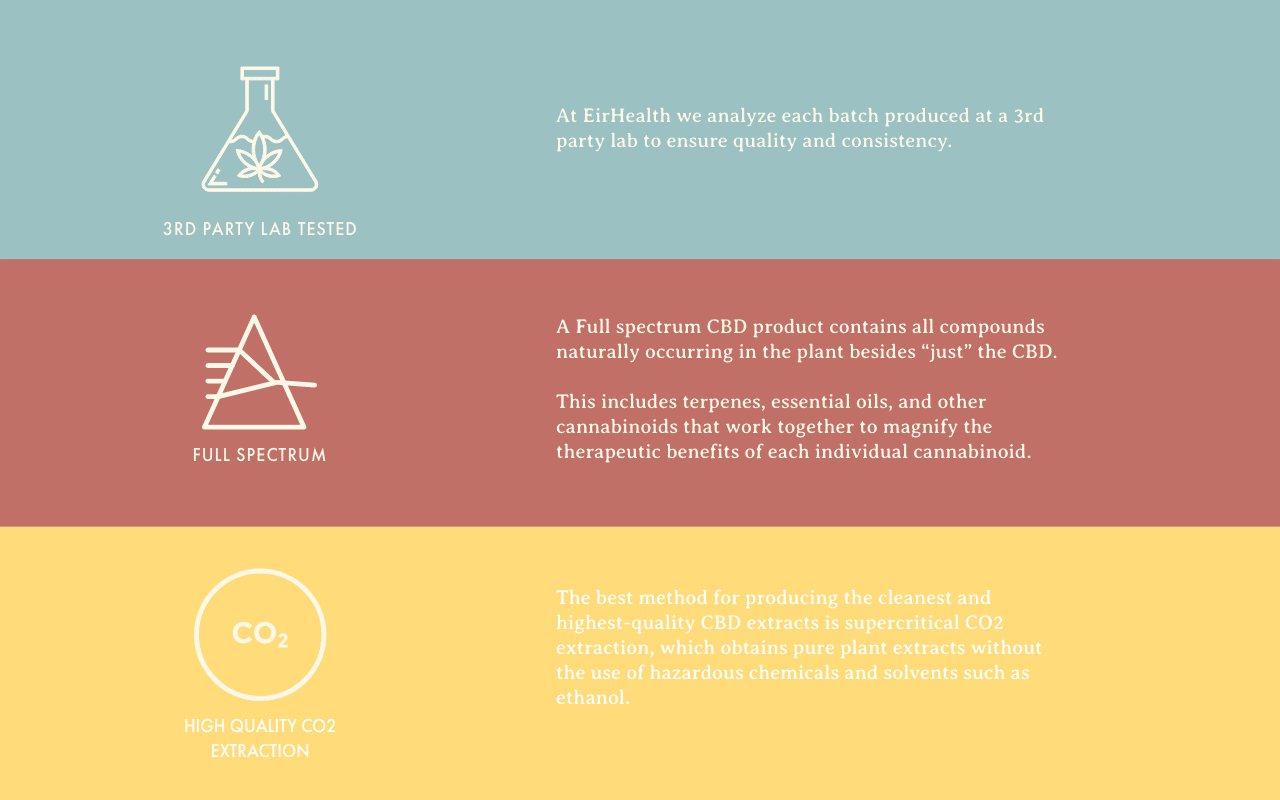
Hit the CBD Books
Don’t just trust a brand’s marketing tactics—do your own due diligence in researching the production and extraction methods, health and wellness claims, and terminology. You’ve got to read about CBD yourself. Whether you look for CBD books, or just read about hemp in general, you’ve got to do it.
There are a few lesser-known product distinctions that can be confusing to consumers, especially those who turn to CBD for medical uses.
One common discrepancy occurs between “full-spectrum” and “broad-spectrum” CBD.
Full-spectrum means that the product contains all of hemp’s compounds, not just cannabidiol, which includes terpenes and naturally-occurring oils.
This also means that the product will have trace amounts of THC.
While there are high-quality methods to dilute the amount of THC, some brands will cut corners by fully separating out the THC and adding a lower-quality CBD product to the blend, losing potency in the process.
Another differentiator consumers should be aware of are ratios of CBD to THC, which can especially impact medical cannabis or CBD users.
A higher amount of CBD may be effective in easing milder symptoms of pain, anxiety, or stress.
Those with physical pain or chronic diseases may turn to a product with a lower or equal CBD to THC ratio, which allows the user to feel the positive effects of both substances.
In general, digging up a brand’s sourcing methods, ingredient lists and more should be easy—and if this information isn’t readily available, it may be a red flag.
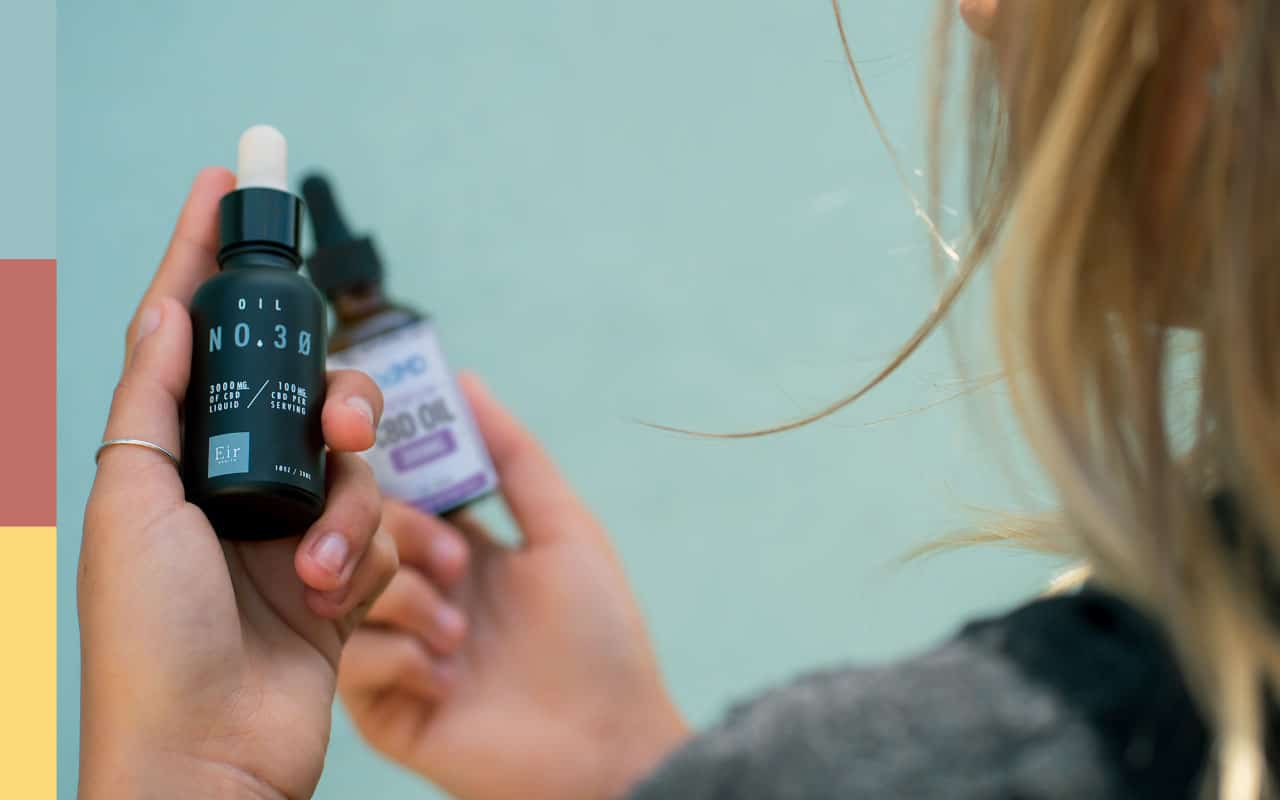
Should I Buy CBD on Amazon?
No, no, and no. Do not buy CBD on amazon.
Why?
I would estimate that 95% of CBD products sold on amazon are fake CBD. Did you know it is against the Amazon terms of service to sell CBD? Well, it is.
Most people end up selling hemp seed oil, which has zero CBD content in it.
Summary – How to Choose the Best CBD Product
With a small bit of informed research, the average CBD consumer can select a trustworthy source to find the product they need.
Related: The Best CBD Oil
Always perform your own fact-checking on the brand, and you’ll enjoy the benefits of a well-crafted CBD.
For more information on how to decode what’s in your CBD and how to select the right product for you, check out our CBD education page.
